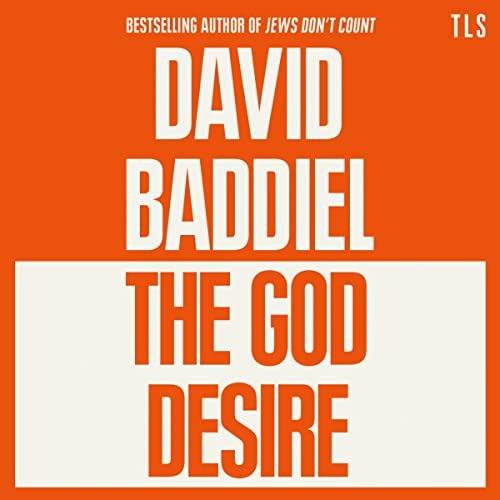This month's big event – for us sad cinephiles anyway – is the arrival of an 'extended edition' DVD of Sam Peckinpah's Major Dundee (1964). The Major and I have had a lengthy and intimate relationship. Back in the 1970s, while struggling to write a comprehensive analysis of the film, I even had the National Film Archive's 35mm print archived in the boot of my Ford Capri (I know, I know – but it was a Daytona Yellow 1600GT Mk.1). Since the nearest available Steenbeck film viewer was in a college deep in Northumberland, film and critic regularly found themselves speeding up the A1 for an illicit weekend together. The offspring of our union, an over-long and over-scholastic piece, is best forgotten. But the film itself remains utterly memorable.
More ambitious in conception than its better-known successor, The Wild Bunch (1969), and certainly more morally complex, Major Dundee was hacked to pieces by its producer Jerry Bresler and Columbia. Estimates vary, but as much as 50 minutes (some shot, some only scripted) were missing from the US/UK release version. Apart from adding a welcome new music track - the old one was over-wrought and over-used - the DVD 'extended edition' is actually only the film's final non-Peckinpah version before it lost yet another quarter of hour for the original US/UK release. Not, then, anything resembling a Director's Cut – though I'm sure Sony would have loved to use that marketing ploy if they thought they could get away with it.
Director's Cuts sell. What's more, just like CD reissues and remasters of old favourites, they can sell for a second or even third time to the same niche audience. Think Blade Runner (The Director's Cut) (1982/1993) or Apocalypse Now Redux (1979/2001), neither of which were great commercial successes on first release, but both of which boosted their cult audience sales with subsequent editions. Nor is either film universally acknowledged as better in the new version; to my mind both have become even more curate's eggish. But they do reflect their directors' preferences and, as such, conform to the ubiquitous ideology of authorship.
This fetishism of the director is a relatively new phenomenon. Time was when hardly anybody gave thought to the film-director-as-author, and certainly not as central to a marketing strategy. It was Alfred Hitchcock who pioneered that kind of systematic selling of himself - the first modern director to regularly feature above the title on posters - but his marketing identity was more as 'master of suspense' than authorial artist. It is the latter that feeds the contemporary Director's Cut syndrome, the belief that films, like all arts, have authors, and that authors know best.
But it's not clear that they do; at least, not all the time. The ideology of authorship, always of debatable provenance in such a multi-produced medium as film, tends to feed directors' inbuilt inclinations toward megalomania. Orson Welles, whose The Magnificent Ambersons (1942) is perhaps the most justly famous cause célèbre in the canon of conflicts between artist and production company, might have benefited from a little externally imposed discipline in his later mess of a career – always excepting the wonderful Touch of Evil (1958) in both its original and reconstructed versions.
Certainly those studio directors less inclined to publicly indulge their egos, the likes of John Ford or Howard Hawks, managed a more successful negotiation of the thorny thickets of Hollywood's financially driven philistinism. Ford went out on location in Monument Valley to hide from the money men as much as for the magnificent scenery, and used to shoot so little cover that it was all but impossible to edit his films in any way other than how he intended.
In those days, to be a self-confessed artist in Hollywood was likely to encourage public derision leading to professional suicide. Now its almost the other way round. Authorship is marketable, and even films by film-makers of whom you have never heard are heralded in their opening credits as great authored works of art: 'A film by Joe Pretentious'. What DVD has added to this is the prospect of making and marketing all sorts of different versions of the magic Director's Cut. For the 'Special Extended Editions' of the Lord of the Rings trilogy Peter Jackson shot material that he knew would never find its way into the theatrical release versions. The idea of different editions was there from the beginning, and who is to say which is authentic: a further slippery twist on Benjamin's 'work of art in the age of mechanical reproduction'.
It's all an extension of the logic of commodification, of course. If it sells, it's good, and if it can be sold twice over, it's even better. In the case of Major Dundee there's a certain irony to the fact that Sony are proudly selling a reconstruction of a distant approximation of the authentic Peckinpah-authored film, when it was one of their now component companies, Columbia, who trashed the film in the first place. But I suppose we should be grateful for small mercies. At least the Major and I will be able to renew our relationship, though, sadly, not with the Capri.

